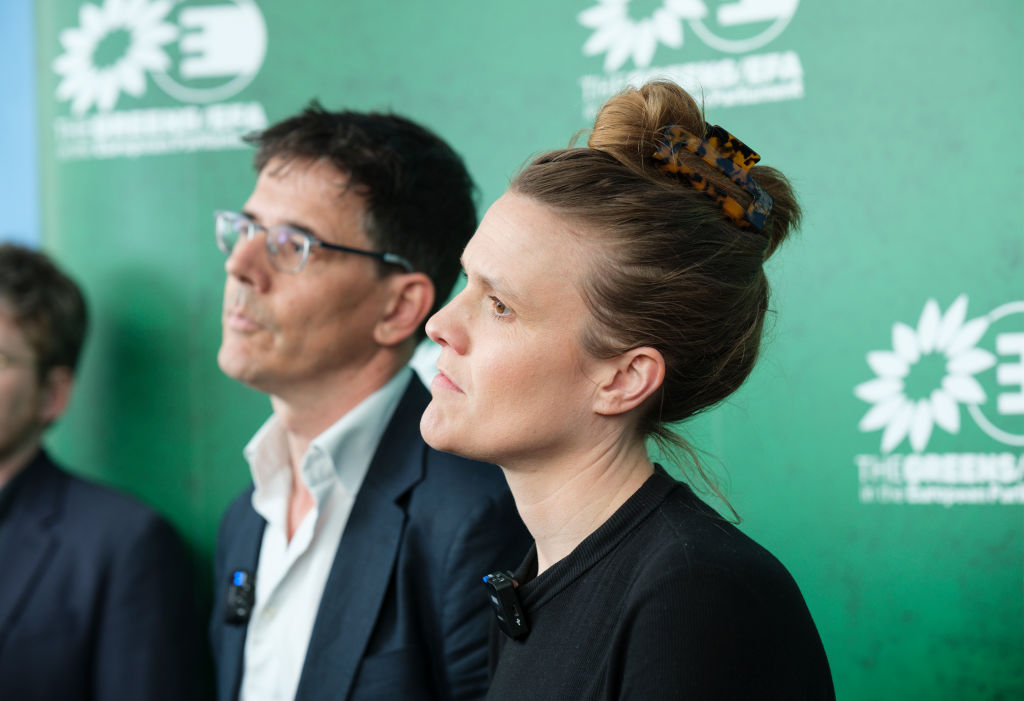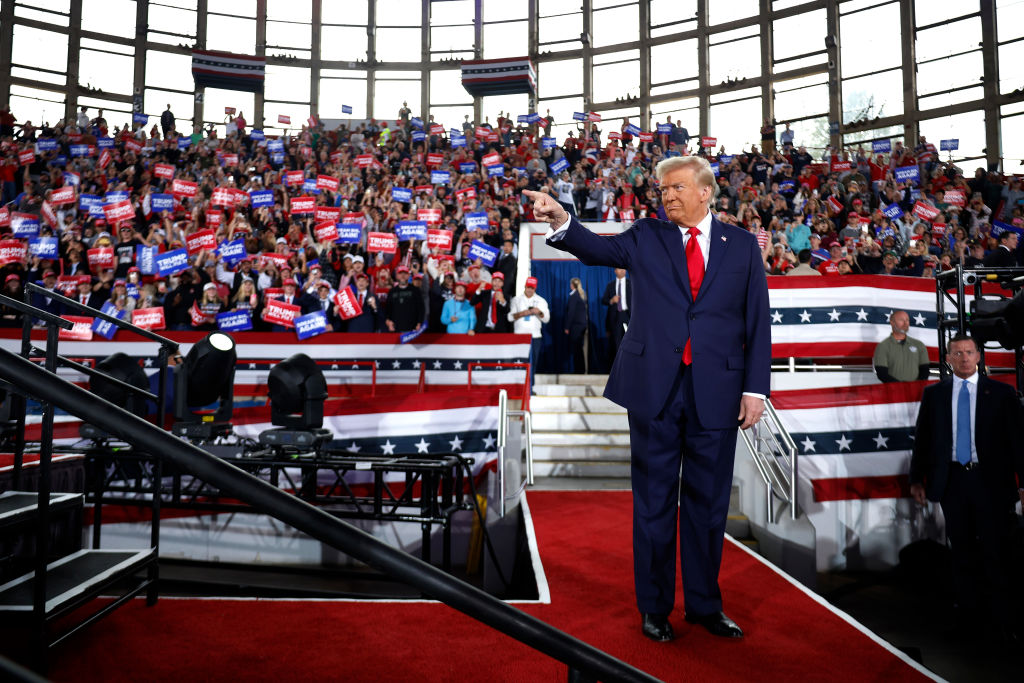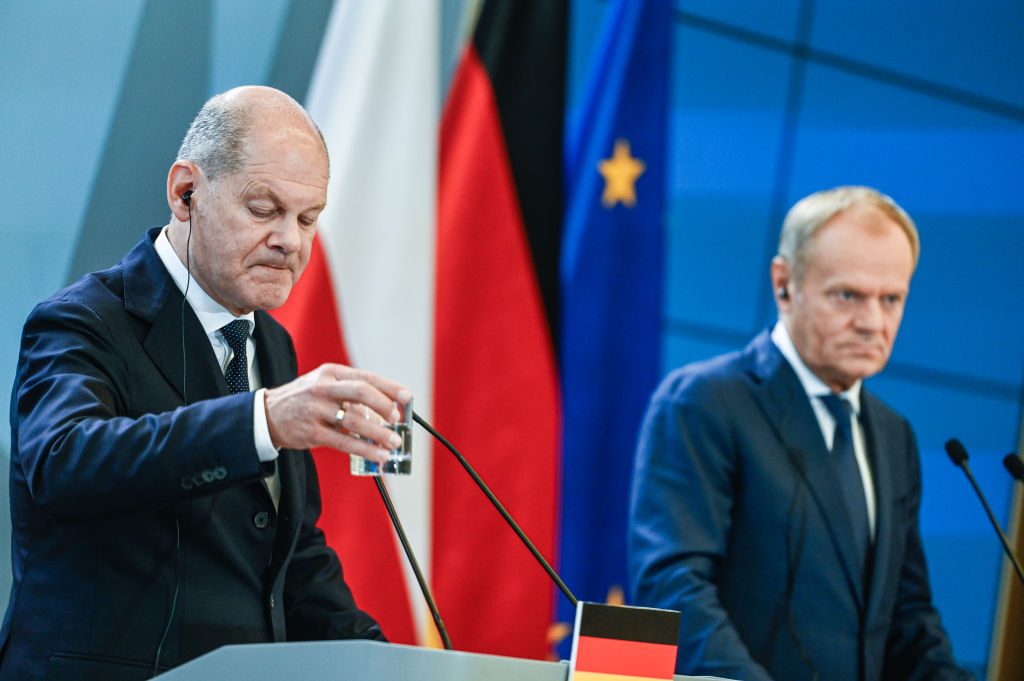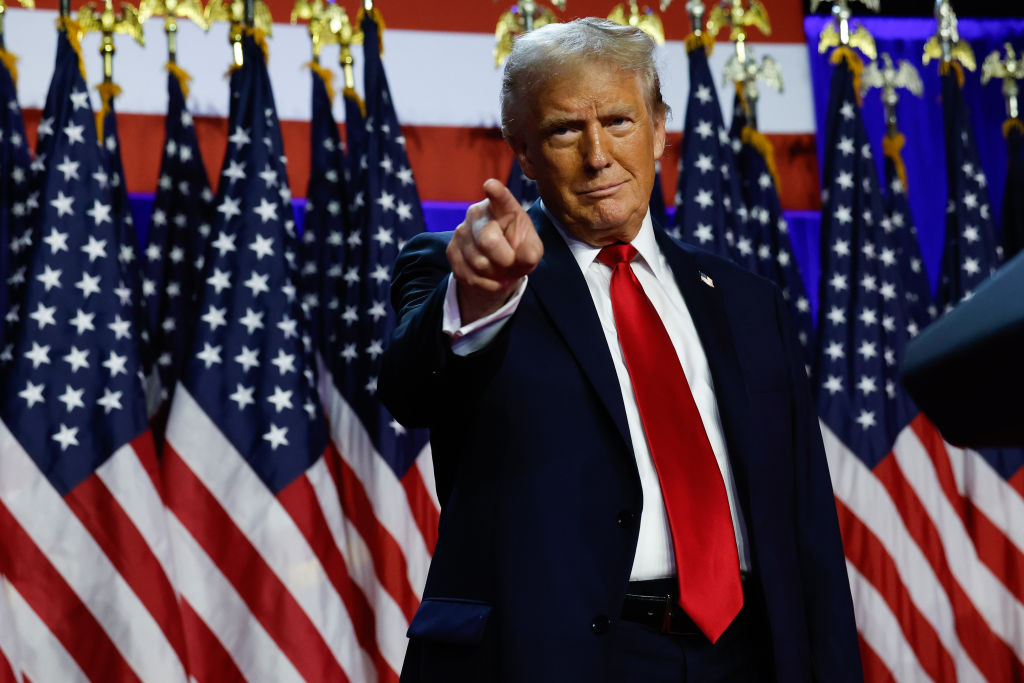The European Parliament will most likely approve every candidate for European Commissioner role as a result of Donald Trump’s presidential win in the US, Danish MEP Anders Vistisen has said.
Speaking to Brussels Signal on November 7, the Patriots for Europe MEP acknowledged his colleagues had refused Hungarian offering Olivér Várhelyi the necessary approval to take up his position in the EC but added that the opposition was targeted more at Hungary than at the veteran Eurocrat himself.
“I think, to be honest, they had a difficult time finding any real substance to be critical towards. So now they’re sort of claiming to be regarding reproductive rights and abortion,” Vistisen said.
He added that he did not believe such resistance would last and that Várhelyi would receive the necessary green light in the week starting November 11.
“Our expectation at the moment is that they will go for a written round of questions, and they will go for another coordinators meeting,” he said.
“Then they’ll probably by secret ballot vote him through and then blame the others for handing him the 50 per cent majority [required].”
The Danish People’s Party politician said the EP usually liked to flex its muscles by voting down one or two commissioners-designate with each new legislative session but added that this time, the body would likely wave all of the candidates through.
“Historically, they always try to pick one or two commissioners to assert power, so to try to take them out of college,” Vistisen said.
“But this time around, they are so afraid of the American elections they seem to have backed down a bit.”
Also impacting things are the shifting power dynamics within the parliament, with Visitisen having described the Renew Europe group as supporting all of the Socialists and Democrats’ and European People’s Party’s offerings in exchange for getting their own appointees through safely.
The Greens have also been also approving candidates, he added, speculating that was so they could maintain their status as being part of the parliament’s current ruling coalition.
“They can hop and scream but they have a choice to seem part of the grand coalition or to go into opposition,” Vistisen said.
“It is a question of whether they want to align with their hard-left, to be like Left opposition, or whether they want to have a particular picture of being part of the grand centrist coalition.”
Olivér Várhelyi, Hungarian European Commission candidate for the Health and Animal Welfare portfolio, has failed to win the parliament’s approval to take up his position. https://t.co/5ig5AqajT6
— Brussels Signal (@brusselssignal) November 7, 2024
Asked about the quality of the Commissioners being put before the parliament, Vistisen singled out Spanish Socialist Teresa Ribera Rodríguez as being a point of contention for much of the EP.
For him, her appointment as a Commission vice-president with a portfolio involving competition was inappropriate considering most EU voters as a whole cast their ballots in favour of the Right.
“Of course, it’s 27 different elections, but the common denominator is migration, cost of living and Green Deal and that these are the issues that voters have rejected in this election,” he said.
“We don’t see any logic behind them getting that portfolio from [European Commission President Ursula von der Leyen],” he continued, adding that his Spanish colleagues also had issues with Ribera Rodríguez’s actions as Spain’s Minister for the Ecological Transition and the Demographic Challenge, especially regarding Catalonia.
The Dane also expressed scepticism as to whether the election of Trump would prompt a change in direction in Europe, instead saying he expected Brussels to use the political crisis as an excuse to hoard more power.
“The old people in power are trying so hard to cling on to that power,” he said, citing French President Emmanuel Macron’s decision to team up with the French hard-left to undermine the right-wing National Rally party.
“In Europe, I’m afraid that the primary reaction will be to use this as a way to have a power grab for more European integration, a little bit like as we saw with the Ukraine war.
“I’m thinking mostly that it’s going to be used as an excuse to consolidate power over numerous issues over the coming years, maybe even leading or forward to a new treaty change, where you again will empty out the member states competence for for for legislation in different areas,” Vistisen added.
Europe’s leaders have publicly congratulated US president-elect Donald Trump, despite some of them having previously described him as racist, sexist and neo-Nazi among other slurs. https://t.co/gnsCzmPNfi
— Brussels Signal (@brusselssignal) November 6, 2024





